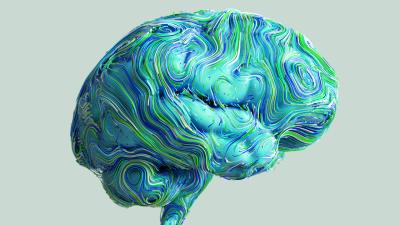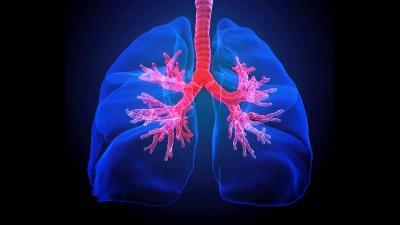Advances in Human Tissue Preservation

Study in a Sentence: Using a novel cryopreservation technique called isochoric supercooling, researchers successfully revived human heart tissue after it had been preserved in a subfreezing state for one to three days, signifying potential advancements for the preservation and transport of human tissue models.
Healthy for Humans: The viability of donor organs is measured in hours, which greatly limits the number of potential recipients who could benefit from a lifesaving transplant and limits the quality and utility of donated tissues used for research. Isochoric supercooling may be a viable technique for preserving donor tissue and organs long enough to reach patients or researchers.
Redefining Research: Researchers combined human induced pluripotent stem cells with microfluidics to create a heart-on-a-chip system that recapitulates complex human heart muscle structure and function. After low-temperature preservation with isochoric supercooling, the physiological and metabolic function of the cardiac tissue remained largely intact. This advanced tissue preservation strategy may improve access to human tissues used by researchers for experimental models such as microfluidic systems, which are valuable nonanimal drug discovery tools for heart disease and other human health conditions.







